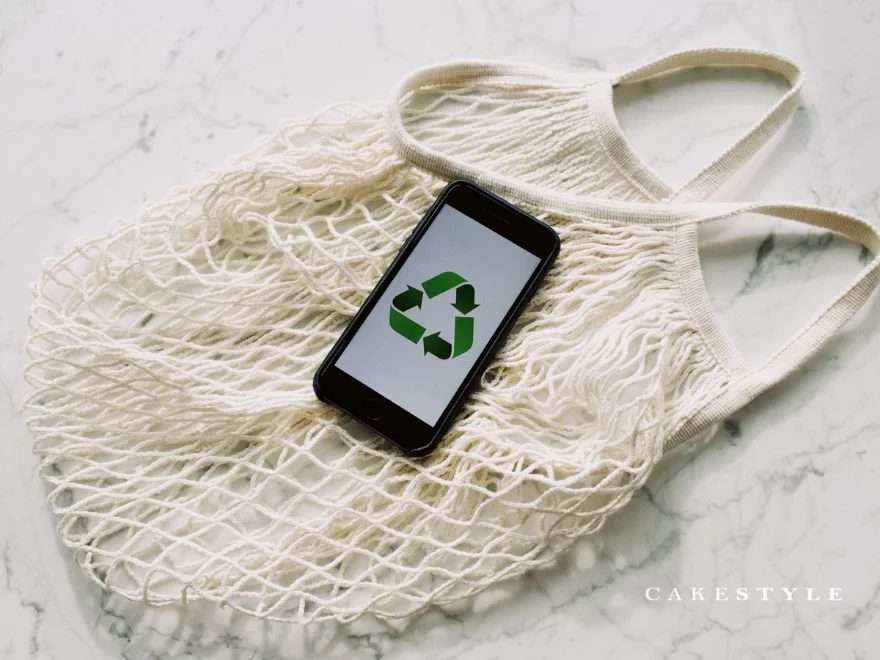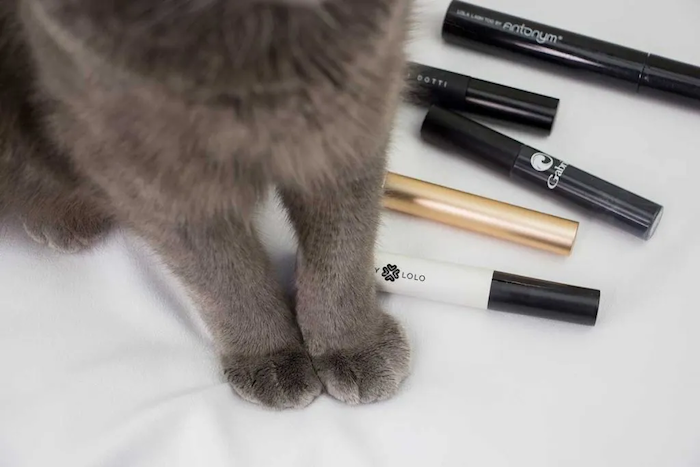Have you ever thought about the path that each used item takes? Over the last 100 years, the amount of waste on earth has increased by almost 10,000%. So it’s a good time to also think about how we can help our planet not drown in oceans of rubbish.
Luckily, in recent years, the eco-trend has been more pervasive in our daily lives: many organizations and eco-activists have appeared, and there are more eco-friendly goods on shop shelves. But do you still buy plastic bags? Do you still buy paper books?
Nowadays, there are a lot of apps and services that can be used instead of the usual books. Moreover, some online services like WritingAPaper can ease your learning process by writing some school papers for you.
The writers comply with essays, research papers, presentations, and business plans. For example, if you need to write an essay on how to save the world, you can contact best writing services to find a platform that fits you perfectly. So, let’s get back to our topic.
Where to begin?
The word eco-friendliness is now a common phrase in everyday conversation, in shops or cafés. It means being friendly to the environment and not harming it. To do this, you should adopt habits that will positively impact the planet.
At first glance, this may seem too complicated, and one person’s contribution is negligible. But, of course, if you look across the globe, it seems that what it’s worth is, for example, giving up the plastic pipe.
But if you consider that about one million disposable cups a day are thrown away in a typical million-strong city, and every person gives up that cup once, that’s one million less.
You have to understand that it’s such a gradual journey. You learn something new every day and try to change your life. For example, you realize that plastic bags are bad because your dog can eat them, or the food you buy comes into contact with plastic and then becomes bad for you. So you look for alternatives, and there are some bags. And so you’ve already taken one big step.
Different factors influence different people as to why they become more eco-friendly. For example, who cares about their health and their children, the economy, and future generations? Who thinks it’s trendy and follows the trend too?
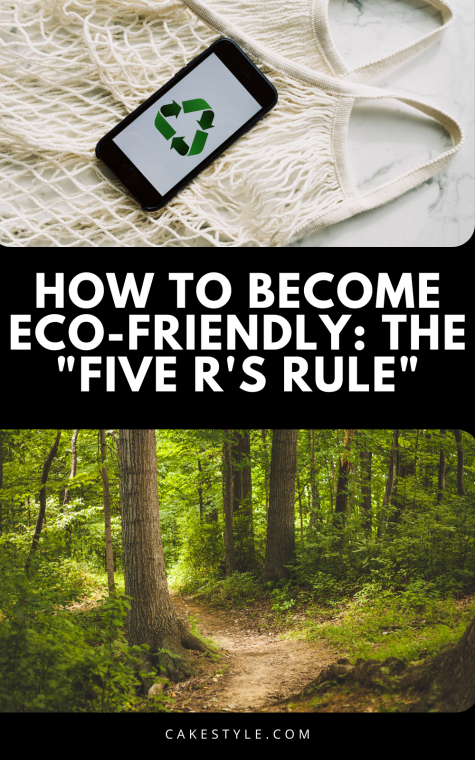
The rule of the five R’s
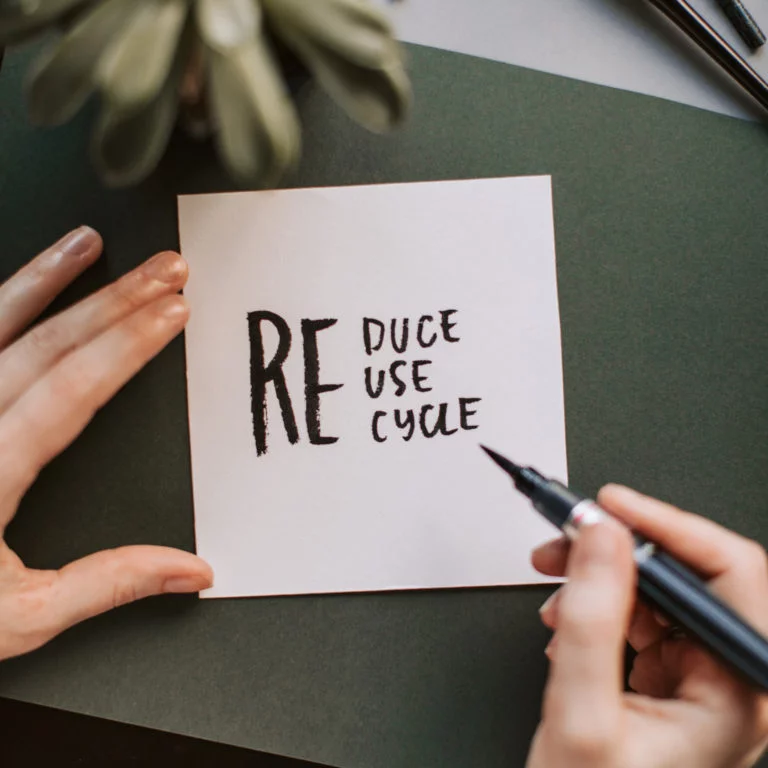
Eco-activists have the rule of the five “R’s” – Refuse, Reduce, Reuse, Recycle, Rot. This rule can help you succeed in your desire to become eco-friendly. This is the pyramid with the rules of conscious consumption. You refuse excessive consumption, reduce, reuse, recycle, and compost organics.
Refuse. To begin your eco-friendly journey, you should start by giving up simple things: plastic cups, tubes, receipts, bottles, and disposable tableware. These are things you can do without, and substitutes are available.
Reduce. The culture of consumption applies first and foremost to clothing. If you go through your wardrobe, you will realize that 70 per cent of the things you haven’t worn for a long time are unlikely to wear again.
Reuse. At least try to reuse the same plastic bag. And now there are many organizations where you can give away your old clothes or appliances. Finding a fixture for old things is easy. For example, please don’t throw out your old clothes, but turn them into pet bedding or rags for cleaning the house.
Recycle. It’s the recycling of specifically recycled materials, from old to new, part of the circular economy. Wood, metal, paper, plastic – send all waste that can be given a second life for recycling.
Rot. 40-60% of landfill waste is organic. As the organic waste sits under rubble without access to oxygen, methane forms and causes landfill fires. During fires, plastics and all other waste burns directly in the open air, and smoke, soot parts, and other combustion products are released, including carcinogenic substances.
There’s a tip of the road
If you’ve done something to the detriment of nature, like buying a plastic cup, then donate $10 to an organization that plants trees, protect animals, or does recycling.
What’s to change?
Organic living isn’t cheap. But organic products pay for themselves quickly because they last much longer. So what habits do you need to adopt to become eco-friendlier?
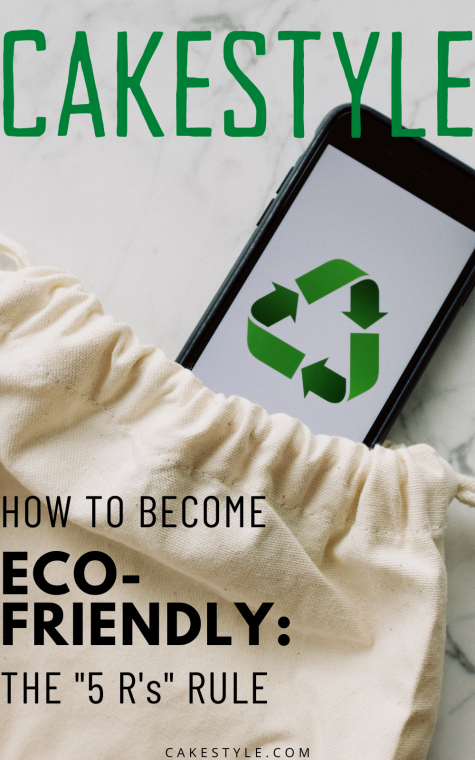
Waste
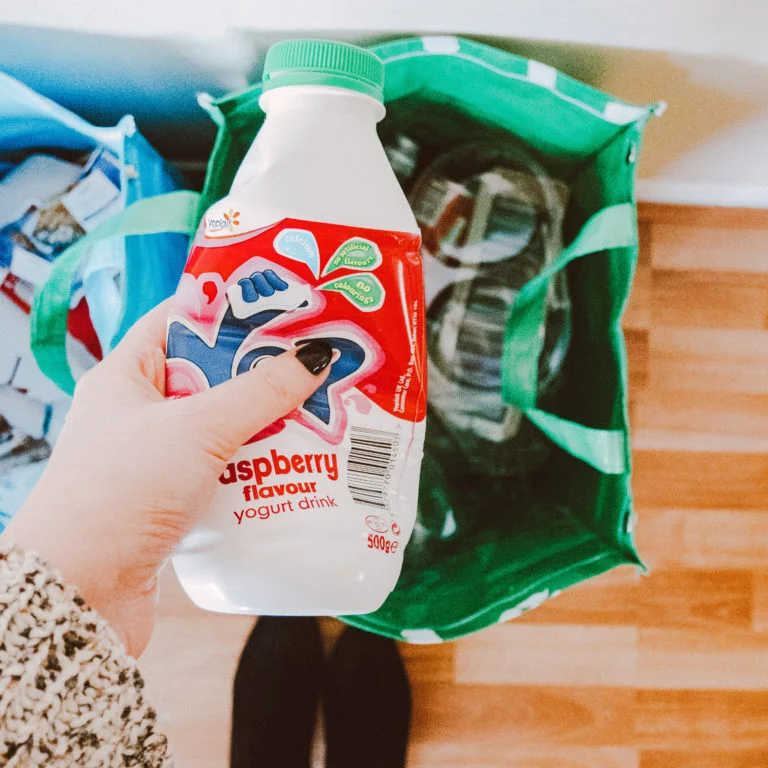
You May Also Like: Our Earth Breeze Review After 2 Weeks use: Are The Laundry Sheets Worth It?
Clothes

There’s a sad statistic that 80% of our wardrobe hangs in corners, and 20% we actively use. Because we often buy things on impulse, not fitting together, waiting to lose weight, etc. So there is a lot of waste. How to fix it?
Personal hygiene

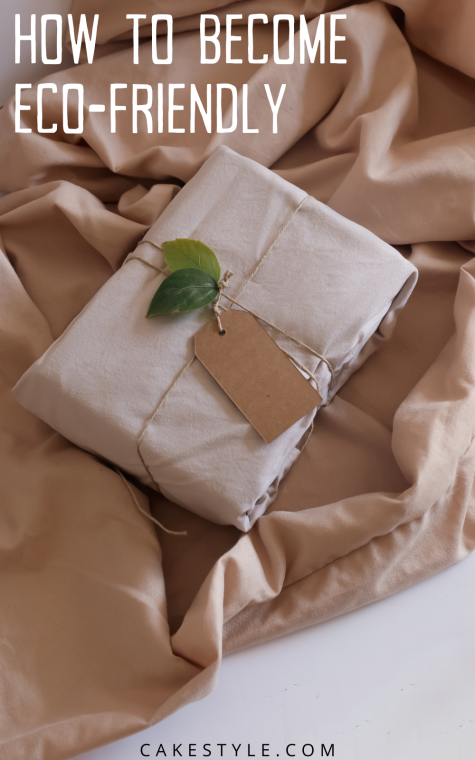
Work
These are all small steps towards a clean environment. But if you’ve done any of them or are just starting, you’re already saving the planet.
If everyone changes their habits and actions more responsibly, we will all live with better health and a better environment and leave something behind for future generations.

